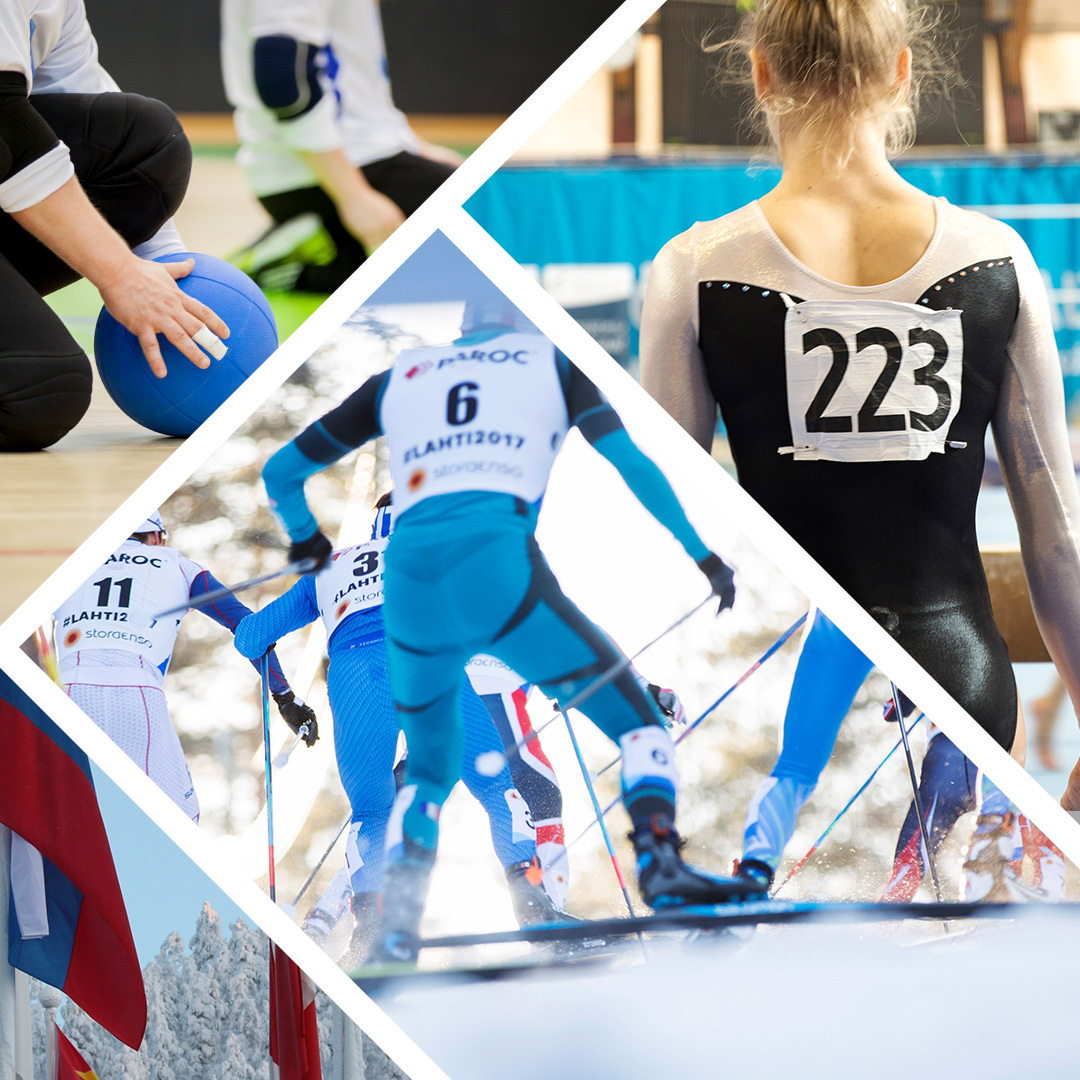Anti-doping activities are based on global codes to which athletes and other parties in the field of sports are committed. Anti-doping rule violations and their consequences are defined in anti-doping codes.
The purpose of standards is to define uniform activities between different anti-doping organisations, especially regarding the technical and operational parts of anti-doping programmes.
The World Anti-Doping Code
The World Anti-Doping Code creates the conditions for fair and effective anti-doping activities all around the world. Its purpose is to promote anti-doping activities with globally uniform anti-doping policies, provisions and regulations concerning the activities of sports organisations and authorities. The purpose of the practical implementation of the World Anti-Doping Code is to allow all athletes benefit from uniform anti-doping proceedings and protection regardless of their sport, nationality or country of testing, making it possible for all athletes to participate in competitions safely and fairly.
Over 180 countries are committed to complying with the World Anti-Doping Code via the United Nations Educational, Scientific and Cultural Organisation (UNESCO) International Convention against Doping in Sport. Governments have also promised to arrange the preconditions for anti-doping activities in their countries in accordance with the UNESCO and Council of Europe Conventions.
The current World Anti-Doping Code entered into force on 1 January 2021. The unified code is one of the major accomplishments of international anti-doping activities.
WADA’s international standards
There are international standards associated with the World Anti-Doping Code, and compliance with them is mandatory in anti-doping work. These standards include:
- International List of Prohibited Substances and Methods
- International Standard for Testing and Investigations
- International Standard for Therapeutic Use Exemptions
- International Standard for Laboratories
- International Standard for the Protection of Privacy and Personal Information
- International Standard for Code Compliance by Signatories
- International Standard for Education
- International Standard for Results Management
Finland’s Anti-Doping Rules applies to all organised sports in Finland. The code entered into force on 1 January 2021 and it complies with WADA’s World Anti-Doping Code. The code is approved by the World Anti-Doping Agency WADA and it includes the criteria for national anti-doping codes defined in the WADA World Anti-Doping Code.
The scope of application of Finland’s Anti-Doping Rules includes:
- sports organisations and other associations registered in Finland and committed to complying with Finland’s Anti-Doping Code, either in their rules or by means of a separate agreement with FINCIS and
- the members of such organisations and associations, athletes participating in competitions and their support personnel.
Athletes committed to the code may be tested at any time and in any location.



